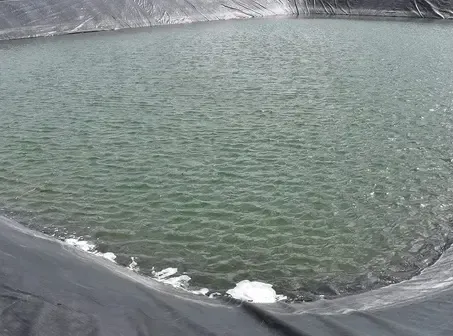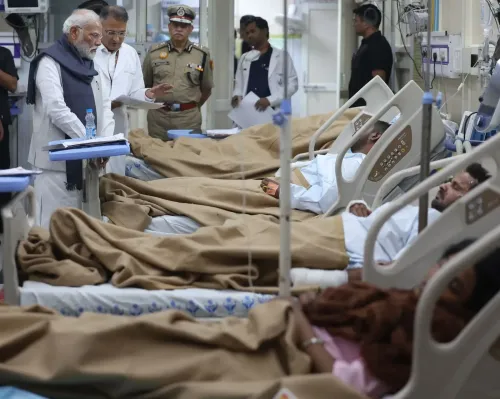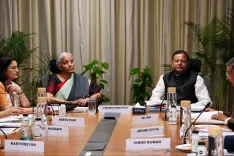Coimbatore Corporation Amplifies Rainwater Harvesting Efforts as Summer Heat Peaks

Synopsis
Key Takeaways
- Coimbatore City Municipal Corporation initiates rainwater harvesting campaign.
- Summer temperatures reach 38.5 to 39 degrees Celsius.
- Efforts are aimed at improving groundwater recharge.
- Mobile app-based survey launched for RWH system assessments.
- Awareness camps organized to educate the public.
Chennai, April 10 (NationPress) The Coimbatore City Municipal Corporation (CCMC), in partnership with the district administration of Tamil Nadu, has initiated a vigorous campaign to boost rainwater harvesting (RWH) throughout the city.
As summer temperatures soar to 38.5 to 39 degrees Celsius in various districts of Western Tamil Nadu, including Erode, Salem, and Coimbatore, the city corporation has intensified its rain harvesting initiatives.
This latest effort is part of a wider initiative by the Tamil Nadu government aimed at tackling water scarcity and enhancing groundwater recharge. A significant measure taken by the CCMC has been the installation of rainwater harvesting systems in government facilities, private organizations, residential complexes, vacant land, and commercial properties. Unfortunately, many of these systems have either become damaged or are not properly maintained.
To rectify this issue, the corporation has urged for immediate repairs and the restoration of faulty RWH systems to ensure efficient rainwater collection and improved groundwater levels.
In an effort to broaden the state government’s rainwater harvesting program, the district administration and CCMC have jointly launched a mobile app-based survey. This tool enables officials, in collaboration with NGOs and volunteers, to conduct field evaluations of residential, commercial, and government properties to assess the current condition of RWH systems.
Following their assessments, they will suggest necessary repairs or the installation of new systems.
The CCMC is also organizing specialized awareness camps at its five zonal offices, aimed at educating the public and business owners on the advantages and techniques of rainwater harvesting.
Moreover, the corporation has introduced helpline numbers for residents to seek advice, share suggestions, or raise inquiries related to the construction, repair, and maintenance of RWH systems.
Rainwater harvesting entails collecting and storing rainwater during the monsoon season for use during periods of scarcity. This process is essential for conserving water and improving groundwater levels, especially in light of climate change, population growth, and diminishing water resources.
Stored rainwater can be utilized directly or to recharge aquifers, thereby enhancing both the quantity and quality of groundwater.
In coastal regions, improved groundwater recharge also aids in balancing salinity levels.
The state government mandated RWH structures for all buildings through the Tamil Nadu Municipal Laws Ordinance, 2003. This regulation applies to residential, commercial, and industrial establishments, with building plans receiving approval only if they incorporate RWH systems.
Historically, Tamil Nadu boasts a rich legacy of rainwater harvesting through structures like tanks and other traditional storage systems. Presently, modern techniques such as rooftop harvesting and recharge wells are advancing this tradition.
With ongoing public involvement and effective execution, Coimbatore’s initiatives could become a benchmark for sustainable urban water management, officials noted.









